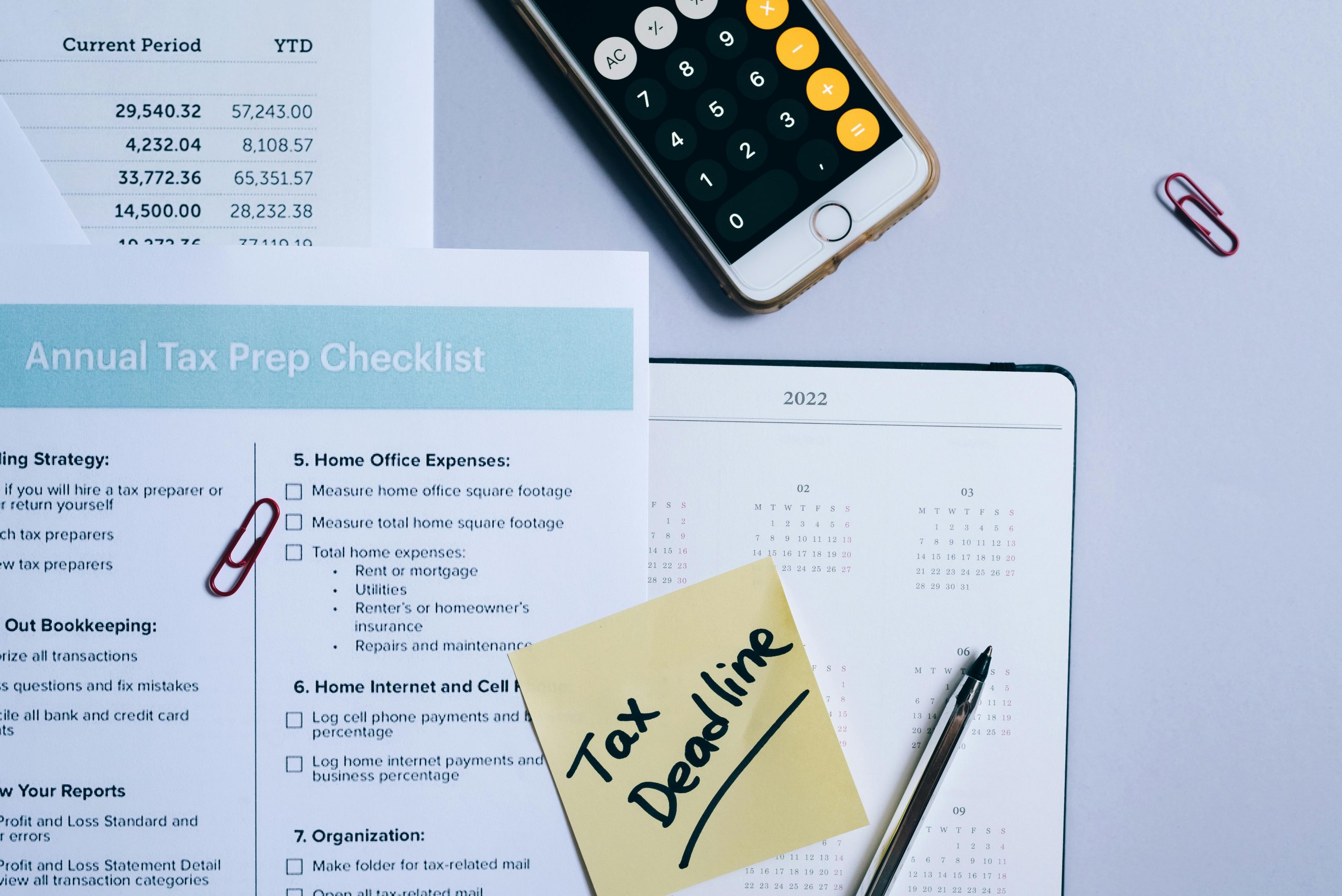Freelancing offers incredible flexibility and independence, but it also comes with unique financial responsibilities—especially when tax season rolls around. Unlike traditional employees, freelancers must track income, expenses, and deductions meticulously to avoid costly mistakes. Whether you’re a seasoned freelancer or just starting, staying organized is key to maximizing deductions and minimizing stress. To help streamline your tax prep, we’ve created the Ultimate Tax Preparation Checklist for Freelancers, complete with a free downloadable PDF guide to keep you on track.
Why Freelancers Need a Tax Preparation Checklist
Freelancers are considered self-employed by tax authorities, meaning they’re responsible for reporting income, paying estimated taxes, and claiming eligible deductions. Without a structured approach, it’s easy to overlook critical details, leading to missed deductions or even penalties. Here’s why a checklist is essential:
- Avoid missed deadlines: Freelancers often pay quarterly estimated taxes, and missing these deadlines can result in fines.
- Maximize deductions: From home office expenses to software subscriptions, freelancers can deduct many business-related costs—if they’re documented.
- Simplify audits: A well-organized checklist ensures you have all necessary records in case of an IRS inquiry.
Essential Documents to Gather
Before diving into deductions and forms, gather these key documents to ensure a smooth tax preparation process:
Income Records
- 1099-NEC forms from clients (if you earned $600 or more from any single client).
- Bank statements showing freelance income deposits.
- PayPal, Venmo, or other payment platform records (especially important with new IRS reporting rules).
- Invoices you’ve issued to clients.
Expense Receipts
- Home office expenses (rent, utilities, internet).
- Software and tools (Adobe Creative Cloud, QuickBooks, project management apps).
- Marketing costs (website hosting, business cards, ads).
- Travel and mileage (client meetings, co-working spaces).
- Professional development (courses, certifications, conferences).
Tax Forms and Previous Returns
- Last year’s tax return for reference.
- Records of estimated tax payments made during the year.
- Form 1040-ES if you pay quarterly taxes.
- Schedule C (Profit or Loss from Business) for reporting income and expenses.
Key Deductions Freelancers Shouldn’t Miss
One of the biggest advantages of freelancing is the ability to deduct business-related expenses. Here are some often-overlooked deductions:
Home Office Deduction
If you work from home, you may qualify for the home office deduction. You can use the simplified method ($5 per square foot, up to 300 square feet) or the regular method (calculating actual expenses like rent, utilities, and repairs).
Health Insurance Premiums
Freelancers who pay for their own health insurance can deduct premiums, reducing taxable income. This applies to medical, dental, and long-term care insurance.
Retirement Contributions
Contributions to a SEP IRA, Solo 401(k), or SIMPLE IRA are tax-deductible. Not only do these lower your taxable income, but they also help secure your financial future.
Self-Employment Tax Deduction
Freelancers pay both the employer and employee portions of Social Security and Medicare taxes (15.3%). Fortunately, you can deduct half of this amount on your tax return.
How to Use the Free Tax Preparation Checklist PDF
Our free downloadable PDF checklist is designed to simplify your tax prep. Here’s how to make the most of it:
- Download and print: Keep a physical or digital copy handy throughout the year.
- Update regularly: Add income and expenses as they occur—don’t wait until tax season.
- Cross-check before filing: Ensure every section is complete before submitting your return.
- Store securely: Keep the checklist with your tax records for future reference.
By using this checklist, you’ll avoid last-minute scrambles and ensure you’re claiming every possible deduction.
Conclusion
Tax preparation doesn’t have to be overwhelming for freelancers. With the right checklist and a proactive approach, you can stay organized, minimize liabilities, and keep more of your hard-earned income. Download our free Ultimate Tax Preparation Checklist for Freelancers PDF today and take the stress out of tax season. By staying on top of your finances year-round, you’ll be ready to file with confidence—and maybe even look forward to a bigger refund!
